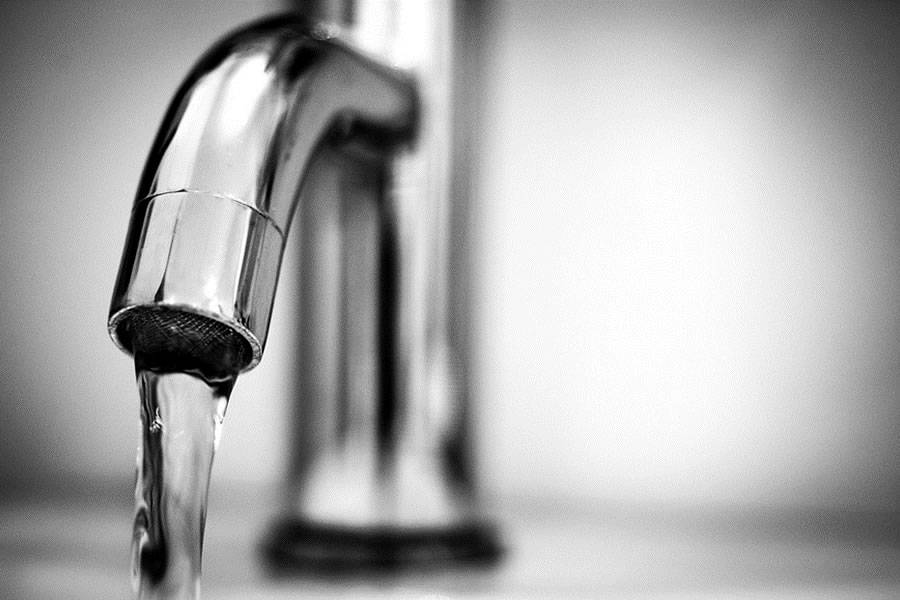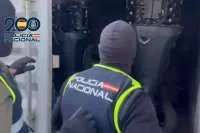6 water treatment procedures and techniques for home use
- 15-09-2022
- Business
- Canarian Weekly
Water is an important part of our lives, and it's crucial to make sure that the water we drink and use is clean and safe. In this article, we will look at six water treatment procedures and techniques that you can use at home to improve the quality of your water. We'll also provide some tips on how to reuse water safely. Read on for more information…
Using water softener’s backwash for weed killing:
If you have a water softener, the backwash can be used to kill weeds. Simply pour the backwash water over the weed and it will die within a few hours. Be sure to avoid any flowers or plants that you don't want to harm.
If you need to dispose of it, drain your water softener backwash into a septic drain field, dry well, or other appropriate disposal areas. This way, you can kill two birds with one stone by getting rid of the weed and disposing of the backwash water safely.
Chlorinating your well water:
If you have a private well, you should chlorinate your water every six months to kill bacteria and other microbes that may be present. You can purchase a chlorine test kit at your local hardware store to test the levels in your water.
Follow the instructions on the kit to add the appropriate amount of chlorine, and let the water stand for 24 hours before using it, before flushing your pipes with running water for several minutes.
You can also contact your local health department for more information on chlorinating your well water. While chlorine is a powerful disinfectant, it can also have some disadvantages. For example, it can cause skin and eye irritation, and it can also be harmful to the environment. So, while chlorine is a good choice for disinfecting well water, it's important to be aware of its potential drawbacks.
Testing your water regularly:
It's important to test your water regularly to ensure that it is safe to drink. You can purchase a water test kit at your local hardware store, or you can contact your local health department for more information on water testing. Water test kits usually include tests for bacteria, chlorine, lead, and other contaminants. You should test your water at least once a year, but more often if you have concerns about the quality of your water.
Reverse osmosis:
Reverse osmosis is a water treatment process that removes impurities from water by passing it through a semipermeable membrane. Reverse osmosis is often used in commercial settings, but it can also be used at home.
There are many different types of reverse osmosis systems available, so you'll need to do some research to find the right one for your needs. This process can be expensive, but it is an effective way to remove impurities from your water.
The disadvantages of reverse osmosis include the need for regular maintenance and the fact that it can remove some beneficial minerals from your water. But if you're concerned about the quality of your water, reverse osmosis is a good option to consider.
Water filtration:
Water filtration is another water treatment process that removes impurities from water. There are many different types of water filters available, so you'll need to do some research to find the right one for your needs. Some common types of water filters include activated carbon filters, whole-house filters, and point-of-use filters.
Activated carbon filters are often used to remove chlorine from water, while whole-house filters are designed to filter all of the water in your home. Point-of-use filters are designed to filter water at one specific location, such as your kitchen sink. Depending on your needs, you may need more than one type of water filter.
Boiling water:
Boiling water is a simple and effective way to kill bacteria and other microbes that may be present in water. To boil water, simply bring it to a rolling boil for one minute. Let the water cool before drinking it, and be sure to discard any water that has been sitting out for more than 24 hours. Some cultures have a tradition of boiling water before drinking it, but this is not necessary if you're using clean water from a safe source.
Water is essential for life, but it's important to make sure that the water you're drinking is safe. There are many different water treatment options available, so it's important to do some research to find the right one for your needs. Whether you're concerned about bacteria, chlorine, lead, or other impurities, there is a water treatment process that can help. By taking the time to treat your water properly, you can ensure that you and your family have safe, clean water to drink.



























































